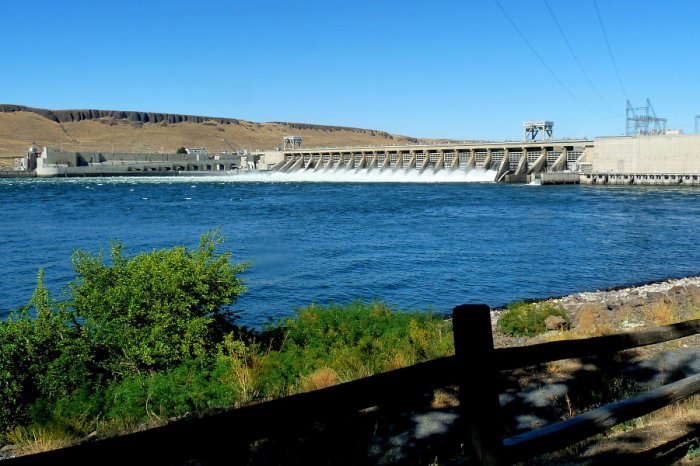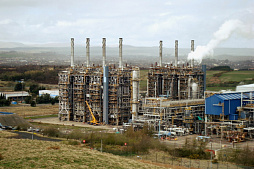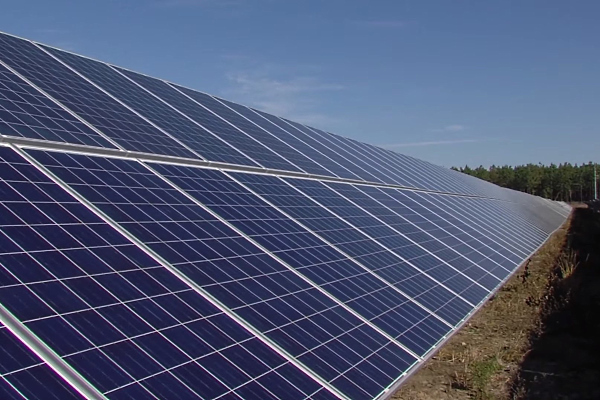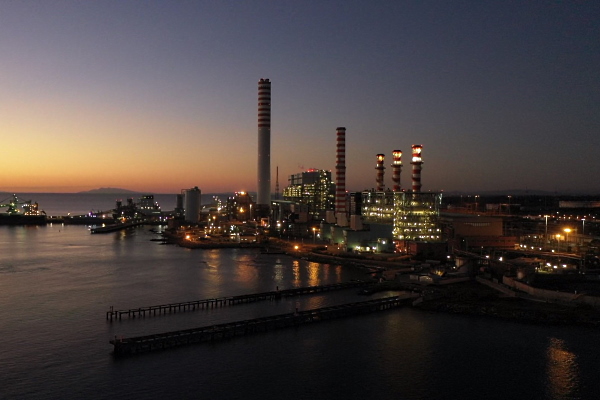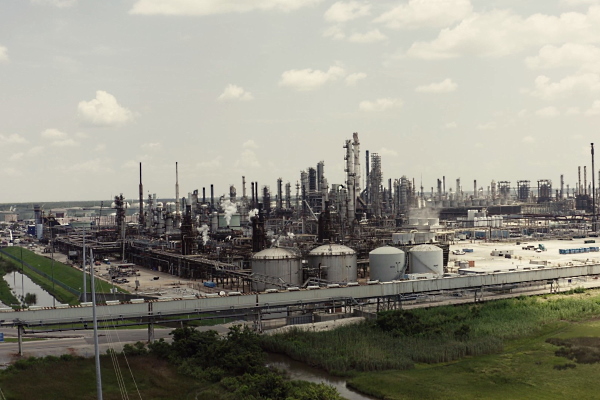To consider an application for financing, fill out the form and send it to us by e-mail along with the project brief, or contact our experts
The total sales of chemical products for the past year amounted to about 57 billion euros, and the number of chemical enterprises in Poland exceeded 13,000. At the moment, the share of chemical production in Polish industry is increasing and currently amounts to about 15%.
The clear success of the sector is explained by huge investments, which increase by hundreds of millions every year.
The chemical industry in Poland began to develop around the 1920s, and during the post-war period of the country's stay in the Socialist Camp, it underwent significant transformations.
Roughly since the 1960s, there has been a rapid growth of investments in Polish chemical production, which led to the creation of dozens of large world-class enterprises, including oil refineries, pharmaceutical plants, as well as huge enterprises for the production of a wide range of chemical materials (large-scale chemical synthesis).
Despite outdated technologies and high energy costs in production processes,
Poland met 1989 with a powerful and investment-attractive chemical industry.
Close attention of the authorities to the development of the industry contributed to the fact that Poland became the leader of the chemical industry in Eastern Europe.
Along with large investments, an important role in this is played by highly qualified personnel and scientific potential, which has been formed by local educational institutions for several decades. More than 320,000 people work at Polish chemical plants, i.e. every 10th person employed in the industrial sector.
List of the largest enterprises in the chemical industry:
• Polski Koncern Naftowy Orlen S.A. (petroleum products).
• Grupa Lotos S.A. (extraction and processing of crude oil).
• ANWIL S.A. (nitrogen fertilizers, ammonia, PVC, chlorine alkali and others).
• Grupa Azoty Puławy (large-scale chemical synthesis, nitrogen fertilizers, melamine).
• Grupa Azoty Police (fertilizers, phosphoric and sulfuric acid, white titanium and others).
• Grupa Azoty ZAK (fertilizers, alcohols and plasticizers).
• Zakłady Azotowe w Tarnowie-Mościcach S.A. and other enterprises.
Data published by the Central Statistical Office shows that Polish business invested more than 3 billion euros in chemical production during 2021.
This is 500 million euros more compared to 2019, the most successful year for the economy before the pandemic, which is demonstrating positive trends in the local chemical industry. Financing of this important sector of the Polish economy in recent years has been largely aimed at increasing production efficiency, reducing fuel and energy consumption, increasing safety and improving environmental performance.
Today, the Polish chemical industry allocates significant funds for investments, which is a clear indicator of the successful changes and development of the sector. Chemical companies focus on innovation and solutions aimed at reducing environmental impact as well as reducing operating costs. Experts say that local investments are not only about upgrading equipment, detecting and monitoring threats or improving efficiency. Most of the costs are now directed towards increasing the safety of production, preventing the spread of toxic substances and implementing environmentally friendly technologies.
Large investments in the adaptation of industrial equipment to modern environmental standards are largely due to the fact that carbon prices, as well as prices for natural gas and electricity, have increased significantly in Europe in recent years.
In order to remain competitive, Polish chemical companies must be economical and environmentally friendly.
More than 30% of the total investment in fixed assets of this industry is now directed to pro-environmental measures.
Along with environmental modernization and reduction of energy and fuel consumption, Polish chemical companies are directing efforts in the direction of digitalization of chemical equipment.
The development of the Polish chemical industry is accompanied by the improvement of environmental legislation and the comprehensive support of local companies from leading European institutions, including long-term financial support.
A favorable investment climate, professional regulation of the industry, large amounts of financing, access to advanced technologies and a highly qualified workforce have become key factors that have contributed to the growth of the Polish chemical industry in recent years.
The main consumers of Polish chemical products remain manufacturers of plastic packaging, as well as the construction, machine-building, electronics, and agriculture sectors.
The growth rate of sales of Polish chemical products is much higher compared to the USA, France and other developed countries, and is only slightly inferior to the growth rate of sales in the chemical industry of the PRC, the fastest growing economy on the planet.
The two-year-long COVID-19 pandemic has affected Polish chemical companies, like most businesses around the world. The industry met the beginning of 2022 in anticipation of important regulatory acts, the implementation of which requires significant efforts and additional funding. But during this difficult year, in addition to planned investments in Europe's green transformation plan, businesses have had to contend with skyrocketing fossil fuel and electricity prices.
Polish chemical companies have joined the energy transformation, actively participating in the development of the latest environmentally friendly technologies and materials.
The sector realizes that digital transformation will help maximize profits and increase productivity in the long term, and Industry 4.0 and related innovations are no longer a distant trend for Polish businesses and their international investors.
For some enterprises, they are already a part of everyday activities, and for others they can quickly become one of the key elements of strategic development.




